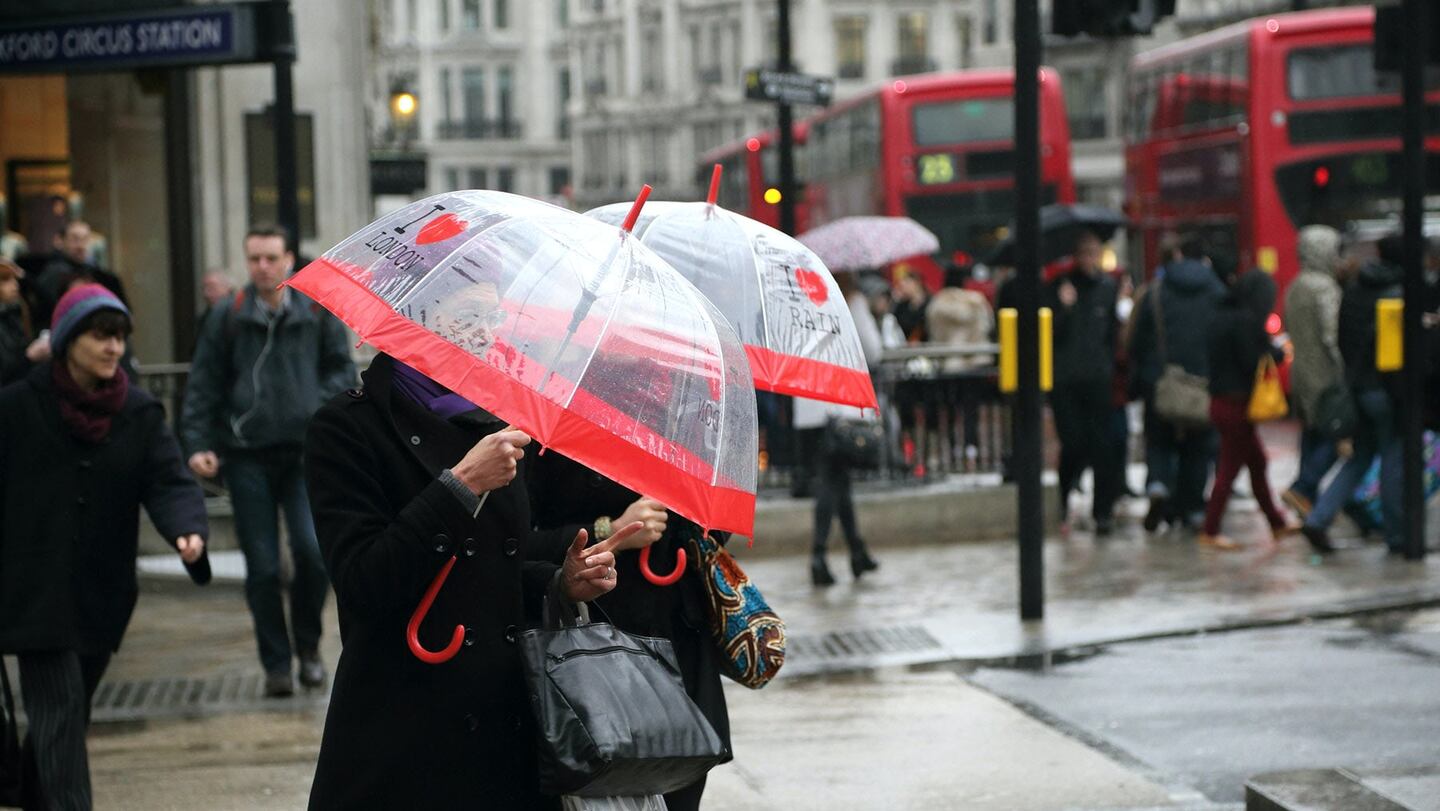
The Business of Fashion
Agenda-setting intelligence, analysis and advice for the global fashion community.

Agenda-setting intelligence, analysis and advice for the global fashion community.

LONDON, United Kingdom — Internet giants such as Amazon, Asos and Boohoo Group should pay higher UK taxes to help save ailing shopping districts that are losing revenue to e-commerce, according to a government report.
An online sales tax, higher value-added tax and “green taxes’’ on shipping and packaging should all be considered to help soften the blow to physical stores as consumers shift to internet shopping, according to the report Thursday from the Housing, Communities and Local Government Committee.
Some 70,000 jobs were lost in the UK retail sector in 2018 as chains like Marks & Spencer and Debenhams announced plans to close hundreds of stores. Tesco, the UK’s biggest retailer, announced as many as 9,000 job cuts in January. Internet sales are a major factor, with UK consumers spending more via the web than any other European country, and one-fifth of December retail sales made online, according to the report.
“Business rates must be made fair,” said Clive Betts, a member of the House of Commons and chairman of the committee, in the report. “They are currently stacking the odds against businesses with a high street presence and this must end.”
ADVERTISEMENT
Brick-and-mortar retailers pay more than their fair share of tax, while online retailers are not contributing enough, the report said. Amazon’s rates amount to around 0.7 percent of its UK revenue, while most street-based retailers pay double to eight times that. The tech giant already faces the introduction of a UK digital tax from April 2020.
The retail sector accounts for about 5 percent of the UK’s gross domestic product and pays 25 percent of business rates, according to the report.
The report comes two months after Mike Ashley, the billionaire owner of Sports Direct, told the committee that e-commerce is the biggest threat to the UK’s shops. As a strategy to encourage retailers to keep physical stores open, he proposed a 20 percent tax on retailers that make than a fifth of their sales online.
By Ellen Milligan with assistance from Jessica Shankleman; editors: Eric Pfanner, John Lauerman, Jonathan Roeder.
As the German sportswear giant taps surging demand for its Samba and Gazelle sneakers, it’s also taking steps to spread its bets ahead of peak interest.
A profitable, multi-trillion dollar fashion industry populated with brands that generate minimal economic and environmental waste is within our reach, argues Lawrence Lenihan.
RFID technology has made self-checkout far more efficient than traditional scanning kiosks at retailers like Zara and Uniqlo, but the industry at large hesitates to fully embrace the innovation over concerns of theft and customer engagement.
The company has continued to struggle with growing “at scale” and issued a warning in February that revenue may not start increasing again until the fourth quarter.